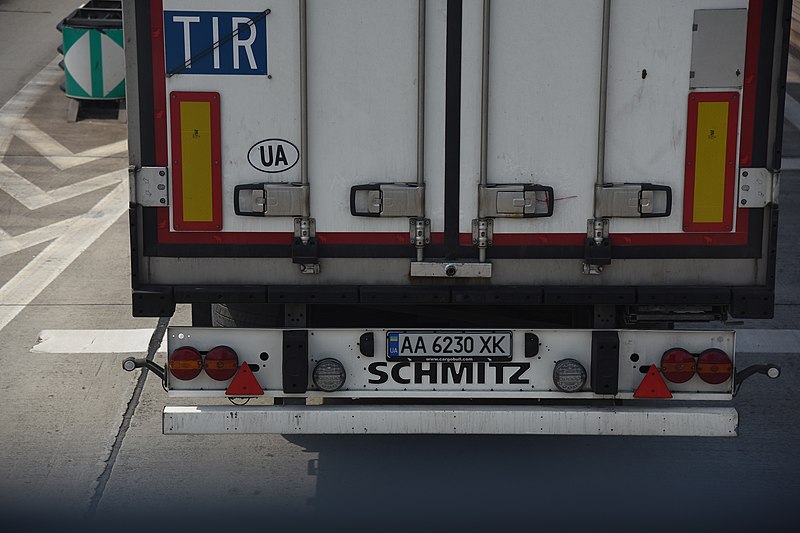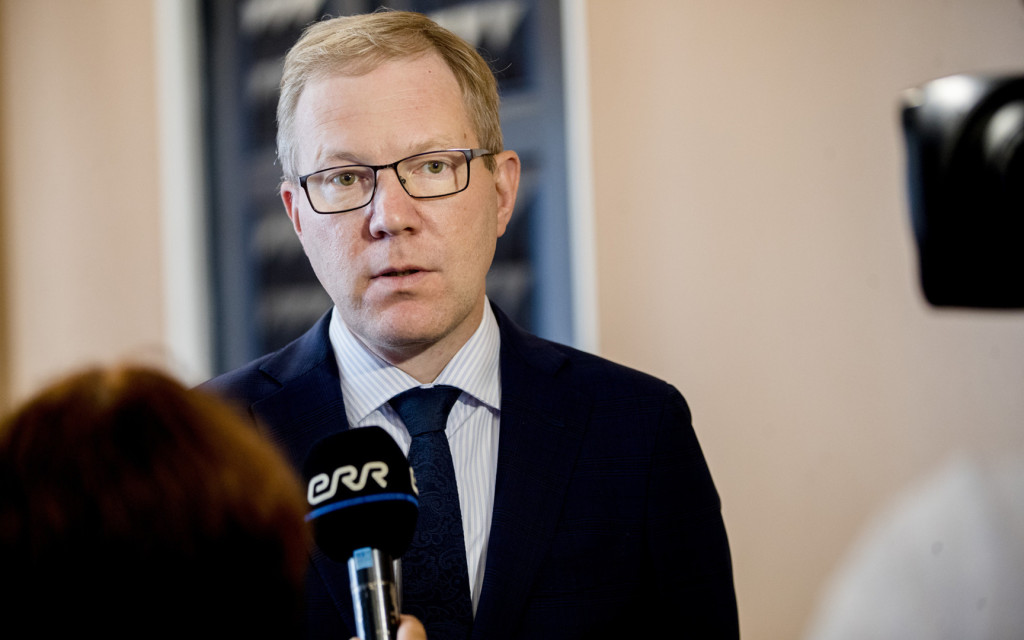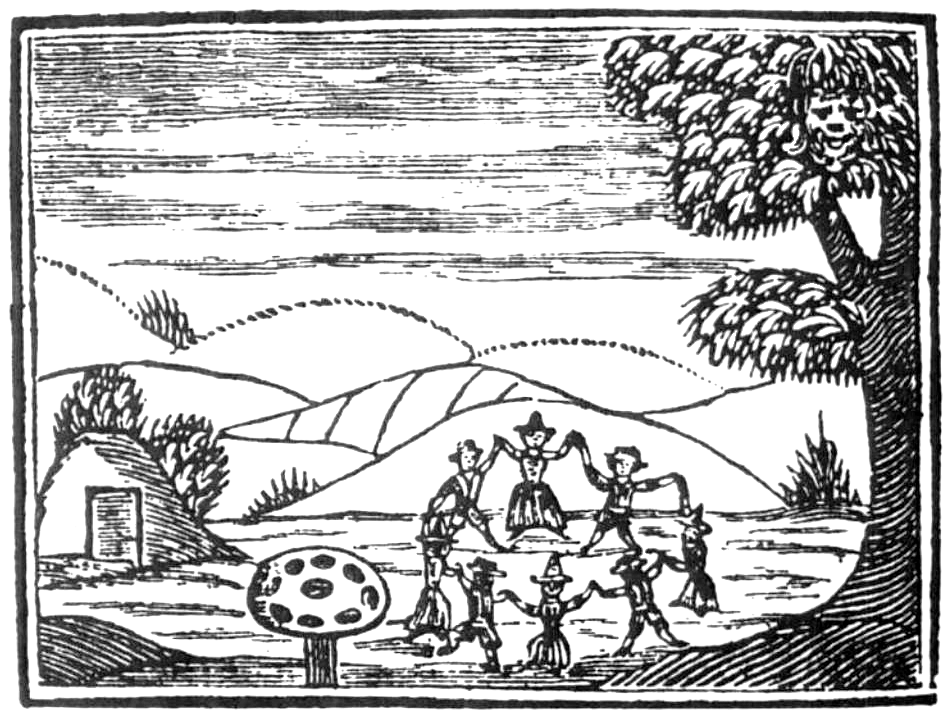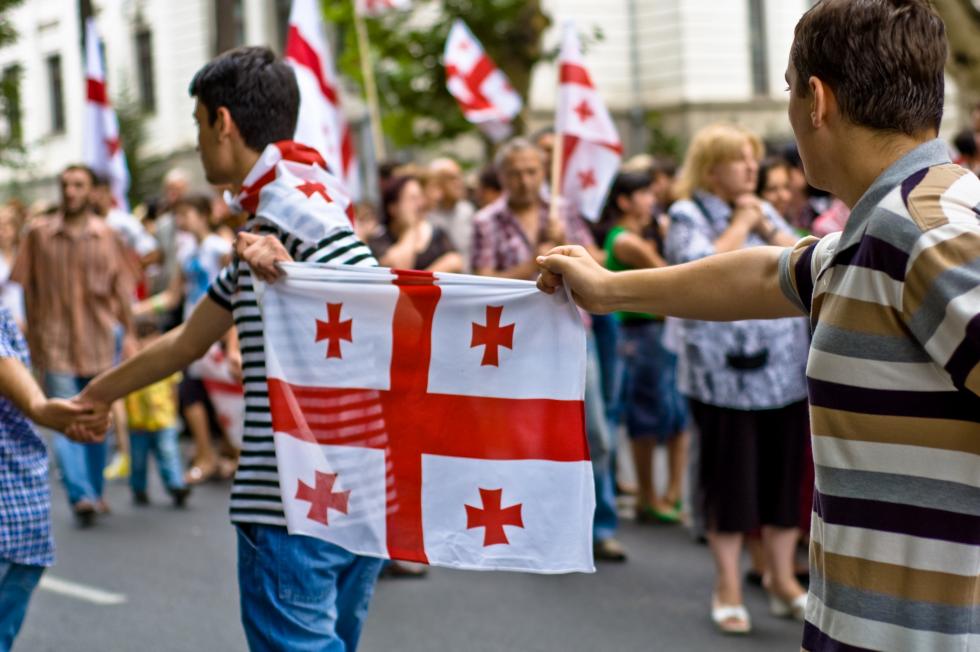
Democracy and Power, Power and Democracy
While Western democracy is showing increasing signs of uncertainty, people look, with quiet admiration, to Russian President Vladimir Putin and his Chinese counterpart Xi Jinping. The power in those countries is in hand, stable and effective at affecting people\'s behavior and actions.











